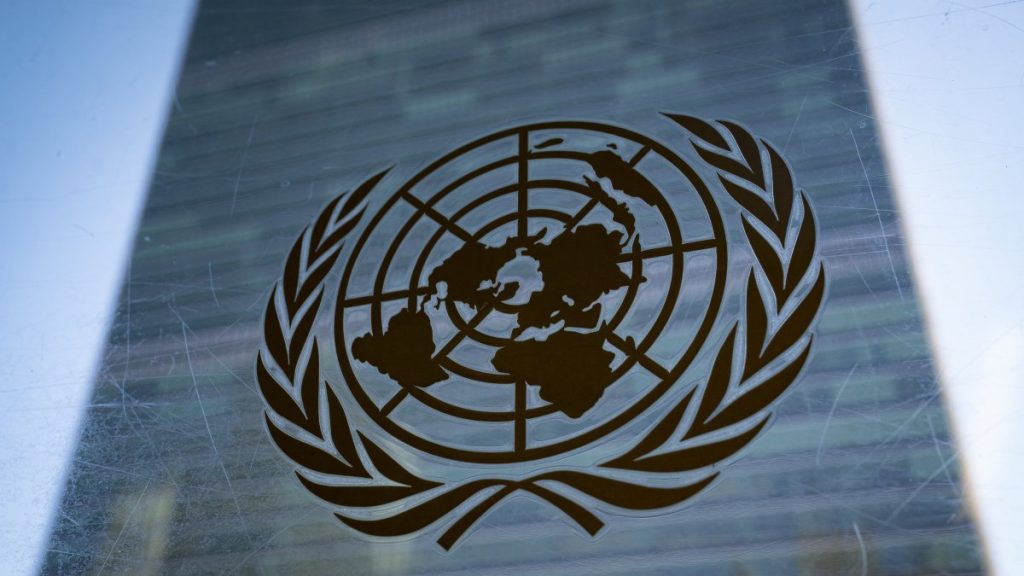The United Nations has welcomed the Russia–Ukraine negotiations held in Istanbul, viewing them as a constructive step toward advancing peace efforts between the two nations, a spokesperson said Friday.
“We welcome today’s talks, the first such direct negotiations in three years, including discussions on a potential cease-fire and large-scale exchange of prisoners of war,” Stephanie Tremblay said at a news conference.
The U.N. noted the “important role” of Türkiye and the U.S., Tremblay said.
Turkish Foreign Minister Hakan Fidan said the intense diplomatic talks, held under Türkiye’s facilitation, resulted in an agreement to exchange 1,000 prisoners from each side as a confidence-building measure.
Fidan said Ukrainian and Russian officials agreed in principle to meet again for negotiations aimed at reaching a cease-fire.
“We hope this process will lead to a full, immediate and unconditional ceasefire in Ukraine, which would serve as a critical step towards creating the conditions for a just, comprehensive and sustainable peace in Ukraine, in line with the U.N. Charter international law and relevant U.N. resolutions,” Tremblay said, adding the U.N. stands ready to support “all meaningful efforts” to that end.
When asked if any of the countries demanded that the U.N. participate in the negotiations in Istanbul, Tremblay said the U.N. is not involved in the talks that took place on Friday.
“That’s what I can confirm. So, there was no request,” she added.
Türkiye is continuing its efforts to end the Russia-Ukraine war, which began in February 2022.
Ankara has urged Kyiv and Moscow to end the fighting through negotiations, with Türkiye ready for any initiative, including mediation, to lay the groundwork for peace.
Türkiye first hosted a meeting between the Russian and Ukrainian foreign ministers in the Mediterranean city of Antalya in March 2022.
Those efforts led to the landmark Black Sea grain deal, signed in July 2022 in Istanbul by Türkiye, the U.N., Russia, and Ukraine, to resume grain exports from Ukrainian ports halted due to the war. However, Moscow did not extend the agreement after July 2023, citing restrictions on Russian grain exports.


